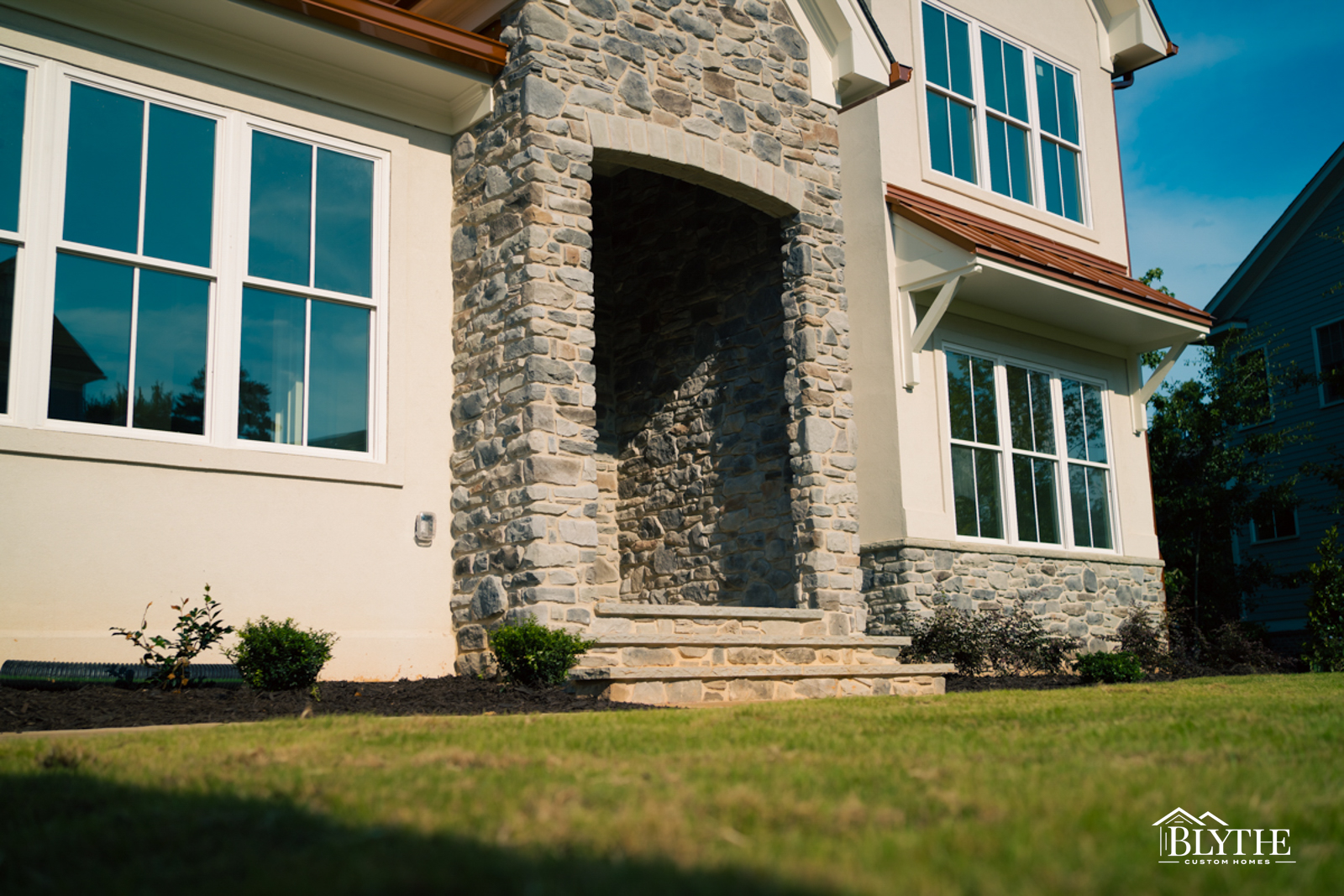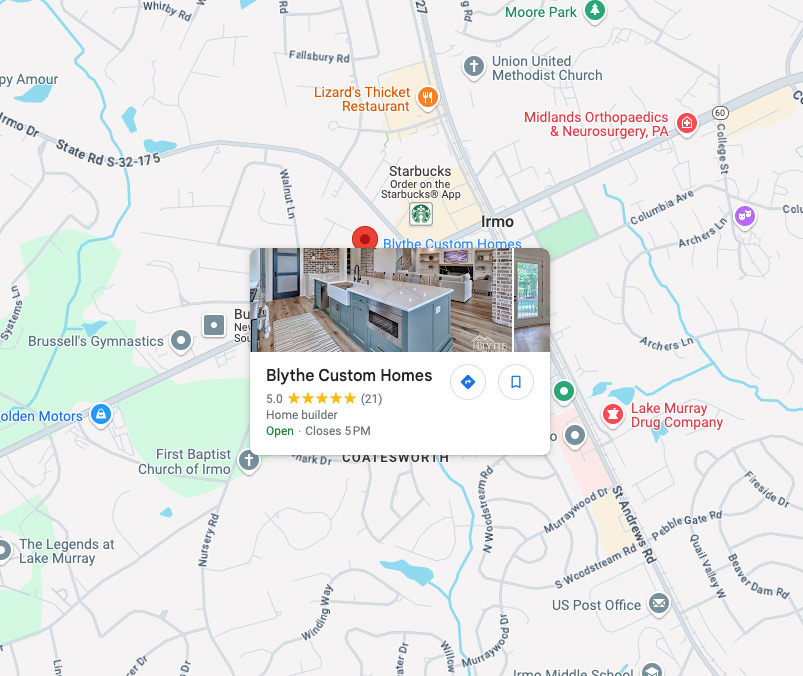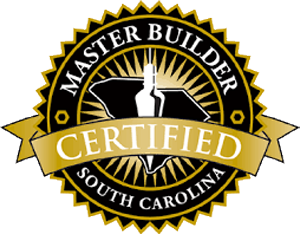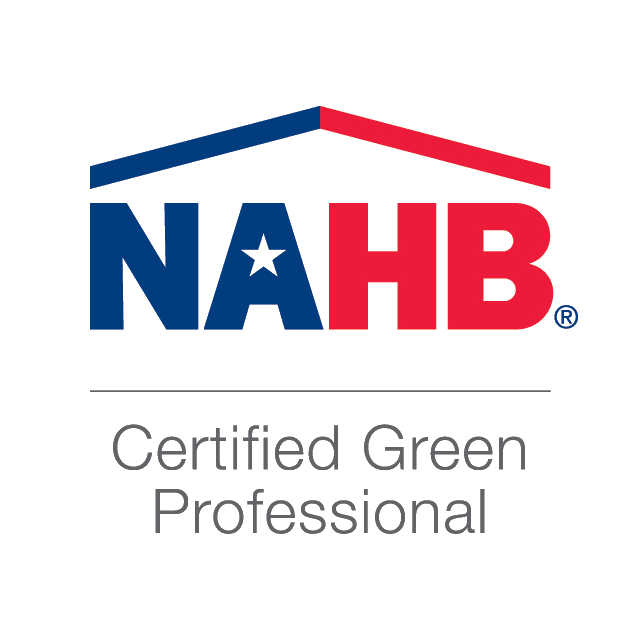If you’re building a new custom home in South Carolina, don’t underestimate the importance of soil testing before building. Soil testing tells us the right direction to go in regarding the home’s foundation and building materials, as well as the amount of land preparation required during the pre-construction phase.
While South Carolina does not require mandatory soil testing for all residential construction projects, it’s very important. Let us conduct soil testing before we finalize house plans so we can ensure the home’s long-term stability. Depending on the soil’s composition and condition, we may need to fortify or level it. We may even need to add drainage systems for soil that doesn’t drain well, warding off potential floods or foundation issues.
Plan your new build in South Carolina with Blythe Custom Homes by going to our website today.
Why Should I Test Soil Before Building in South Carolina?
The different soil types throughout South Carolina often present challenges to construction, which is why soil testing before building is crucial. If you don’t consider the climate and how soil changes throughout the year and handles drainage, your home may not be as stable as it should be.
Soil testing tells us the condition of the soil and whether we must improve it in any way. Testing also confirms the soil type, whether that is clay, sandy, silty, or loamy soil. Upstate South Carolina has primarily clay-rich soil, while the coastal areas have mostly sandy, loamy soil. Loamy soils contain a mix of sand, silt, clay, and organic matter, making them suitable for gardening and construction.
Clay-rich soil expands when wet and shrinks when dry, posing possible foundation issues. Sandy soils also pose foundation issues because of poor drainage, something our builders can account for during construction.
Testing soil sets you up for success when building your new custom home in South Carolina, so trust us to handle this crucial aspect of the pre-construction process.
When Should You Conduct Soil Testing?
Soil testing happens during the pre-construction phase. We may still be finalizing house plans at this time, and may even have to modify them based on the results of soil testing. Prioritizing soil testing lets us confirm what is and isn’t possible based on the lot’s soil conditions, and start planning for how to address those limitations while still executing your vision.
We don’t put off soil testing, as that might delay the start of construction. That’s why we keep it as a priority early on. If the soil is in poor condition or its composition does not suit our current foundation and house plans, we need to change our approach. Sometimes, soil simply needs to be fortified. Once that is done, your house plans may move forward as intended.
However, if the soil and climate do not suit your original plans, we can explain which foundation and framing methods would be better.
Conducting soil testing early in pre-construction gives us time to potentially edit house plans or strengthen soil, so there’s no delay in obtaining permits and breaking ground on construction.
Does South Carolina Always Require Soil Testing Before Building?
South Carolina may require soil testing before building if the site has questionable soil conditions. Concerns about the soil type or strength also call for a geotechnical investigation, which confirms the classification and condition. Cities and counties in coastal areas of South Carolina generally require soil testing before construction, as such areas are known for adverse weather conditions.
Even if South Carolina does not require soil testing for your specific build, you should still have it done. Knowing about the soil composition, groundwater levels, bedrock location, and even possible soil contamination tells us whether your construction plans are feasible based on current soil conditions.
A builder not strongly advising soil testing is a major red flag. Soil testing is crucial to ensuring the home’s long-term stability, which is why it is an important part of our process.
What Happens After My Builder Finishes Soil Testing?
Soil testing gives us the information we need to confirm which foundation type is best for your home. While this may be different from what you anticipated, such as long piers to reach stable layers rather than a standard slab, it will help ensure your home’s structural integrity in the long run.
In addition to fortifying the soil and replacing it, we could also perform grading to reshape the land and stabilize it. If poor drainage has weakened the soil, we can install drainage systems that prevent that from happening in the future and compromising your home’s stability.
We will review all our plans to improve soil conditions and make the lot suitable for building, and explain how that might impact your target budget for a new custom build in South Carolina.
Should You Re-Test Soil While Building in South Carolina?
If there are concerns about the soil’s condition or stability on the lot where you’re building a custom home, it’s wise to re-test the soil periodically throughout construction. This can confirm that the soil is still able to withstand the weight of the house, and lets us catch possible threats to the structure’s foundation before it’s too late.
We may re-test the soil after initially fortifying it or grading it so we can confirm whether it is time to move forward with laying the foundation, or if we need to do more to prepare the land.
Skipping re-testing soil, especially if there were glaring issues with its composition or stability initially, could have major consequences. That’s why we do everything necessary to ensure the long-term stability of your home and avoid costly delays. You can trust our builders to test soil conditions in South Carolina properly.
Plan and Build with Us in South Carolina
Start planning a new build in South Carolina with Blythe Custom Homes when you go to our website.









